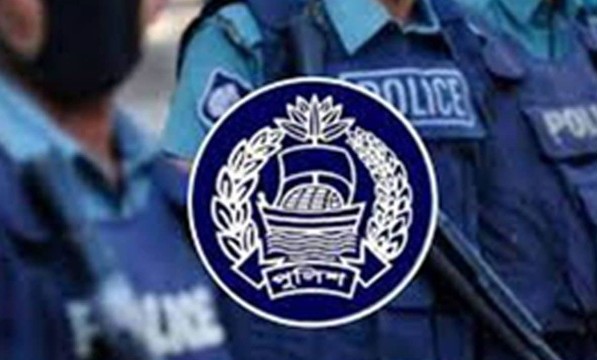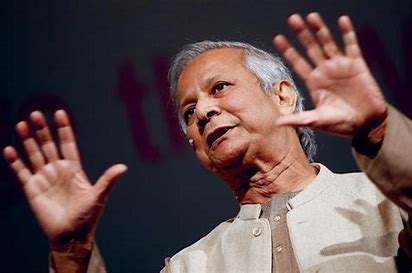
Islamist extremists are seen on Dhaka street. Photo source: Gender Campus
Bangladesh faces surge in extremism post Sheikh Hasina's government
Following the fall of Sheikh Hasina's government in August 2024, Bangladesh has experienced a significant increase in Islamist extremism. Islamist groups have become more empowered, particularly as the interim regime led by Professor Muhammad Yunus has struggled to maintain law and order.
Immediate and concerted international efforts are required to address this issue and protect the rights and safety of all Bangladeshi citizens.
Key Findings:
Increased Activities: Islamist groups have taken advantage of the political instability to escalate their activities, leading to a surge in extremist actions and threats.
Political Violence: Since August 2024, there have been over 2,000 reported atrocities, including politically motivated violence and human rights abuses, with significant contributions from extremist groups. The situation has been further exacerbated by the interim government's alleged use of the legal system to exact revenge on political opponents.
Targeting of Political Opponents and Minorities: The rise in extremist activities has had a profound impact on the country's political opponents, press freedom and minority communities. Hindu, Buddhist, Christian and Indigenous groups have faced increased violence and persecution, being targeted due to their perceived support for Hasina's secular Awami League party.
Economic Cost: The country has also been hit hard due to the rise of Islamic extremists and the resulting disorder and instability. The political instability and ongoing violence have added to economic uncertainties, with inflation consistently exceeding 10 per cent for years. The interim government has been accused of failing to address the economic challenges, further fuelling public discontent.
Bloomberg Report: Bloomberg, UK in a report on 29 September 2024 highlights the chaos in Bangladesh following the ouster of former Prime Minister Sheikh Hasina, which has opened the door to Islamic extremists. The UK-based international media notes that militants are gaining new strength amid the turbulent change in government, raising security concerns across Asia.
Government Response: The interim regime led by Professor Muhammad Yunus has struggled to maintain order and address the rise of extremism, raising concerns about the government's ability to ensure stability and security.
International Response: The international community has been closely monitoring the situation in Bangladesh. Given the significant Bangladeshi diaspora in England and Wales, the UK has expressed concern over the potential fallout.
Call for Action: International organisations and countries, particularly the UK, should make a concerted effort to implement stronger security measures to counteract extremist activities to protect vulnerable communities and ensure that perpetrators of extremist violence are brought to justice through fair and transparent legal proceedings. (Sources: The Independent, UK; The Bloomberg, UK; Indian Express; NDTV, India)



